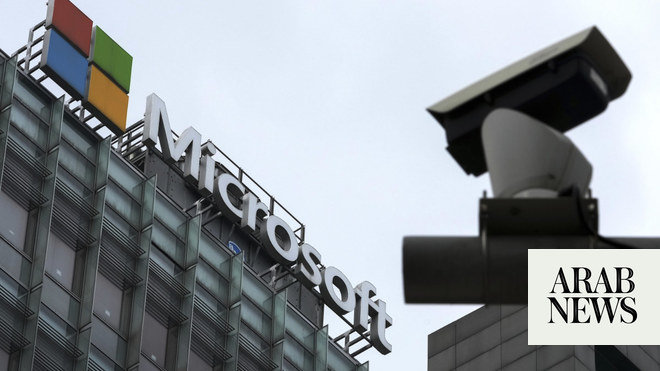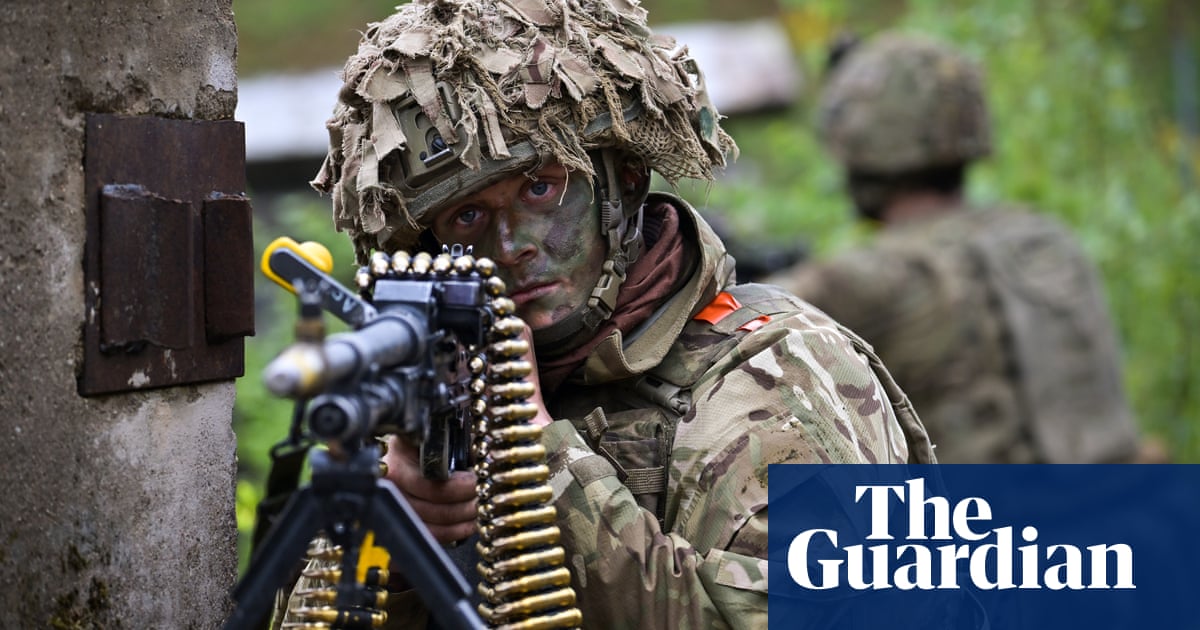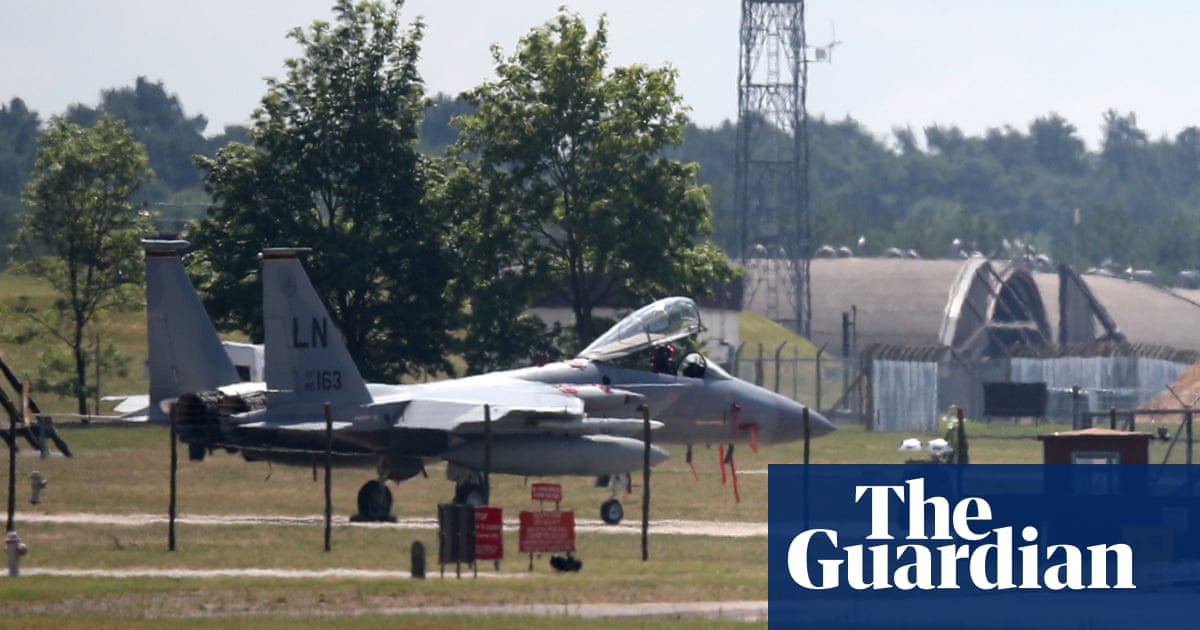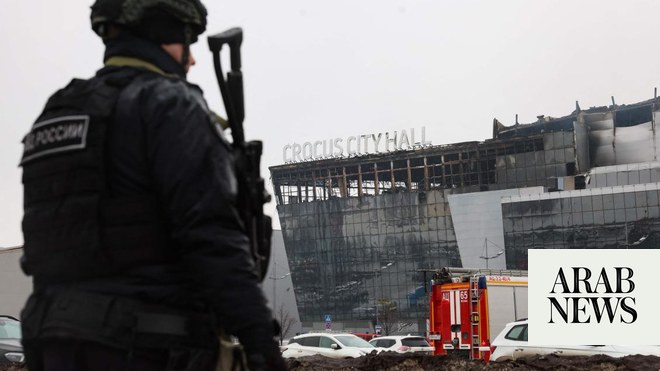
British Prime Minister Theresa May will update lawmakers Monday on the nerve-agent poisoning of ex-spy Sergei Skripal and his daughter, as government scientists have reportedly concluded "beyond reasonable doubt" that the chemical used was made in Russia.
According to The Daily Telegraph newspaper, specialists at the Ministry of Defences chemical warfare lab, Porton Down, reached the conclusion last night.
Tests carried out on Sunday proved "beyond reasonable doubt" that Russia made the chemical used in the attempted murder on March 4. The compounds identity has yet to be made public.
Tom Tugendhat, who chairs Parliaments Foreign Affairs committee, said the case is "looking awfully like it was state-sponsored attempted murder."
He told the BBC that he expected May to point the finger of blame "toward the Russian state." Tugendhat said the difficulty of manufacturing and transporting highly dangerous nerve agents suggested state backing for the attack.
May chaired a National Security Council meeting Monday to hear the latest evidence in the case. She was under mounting pressure to hit Russia with sanctions, diplomatic expulsions and other measures in response to the poisoning, the latest in a string of mysterious mishaps to befall Russians in Britain in recent years.
Mays office said she would make a statement in the House of Commons late Monday afternoon, but gave no indication of what she would say.
Spokesman James Slack said "it is important that we allow the police to get on with their work, that we gather all the evidence and if we get to a position when we are able to attribute this attack then we will do so and the government will deliver an appropriate response."
Skripal, 66, and his 33-year-old daughter Yulia remain in critical condition following the March 4 nerve agent attack. A police detective is hospitalized in serious condition, but is reported by British officials to be sitting up and talking.
Authorities havent said what nerve agent was used.
The case has similarities to the killing of former Russian spy Alexander Litvinenko, who was poisoned with radioactive tea in London in 2006. A British inquiry concluded that his death was the work of the Russian state and had probably been authorized by Russian President Vladimir Putin.
The Kremlin has rejected suggestions that its behind the poisoning.
Putin spokesman Dmitry Peskov told reporters that Sergei Skripal worked for British intelligence and was poisoned on British soil, and therefore the incident "has nothing to do with Russia, let alone the Russian leadership."
Peskov said he has "not heard statements by British politicians or official representatives about Russia being implicated in this case," blaming allegations of Moscows involvement on British media.
Skripal worked for Russian military intelligence when he was recruited to spy for Britain in the 1990s. He was jailed in Russia in 2006, was freed in a spy swap in 2010 and had settled in the cathedral city of Salisbury, 90 miles (140 kilometers) southwest of London.
He and his daughter were found comatose on a bench near the city center after visiting an Italian restaurant and a pub.
British officials have said the risk to the public is low but have urged people who visited the Zizzi restaurant or the Mill pub to wash their clothes and take other precautions.












